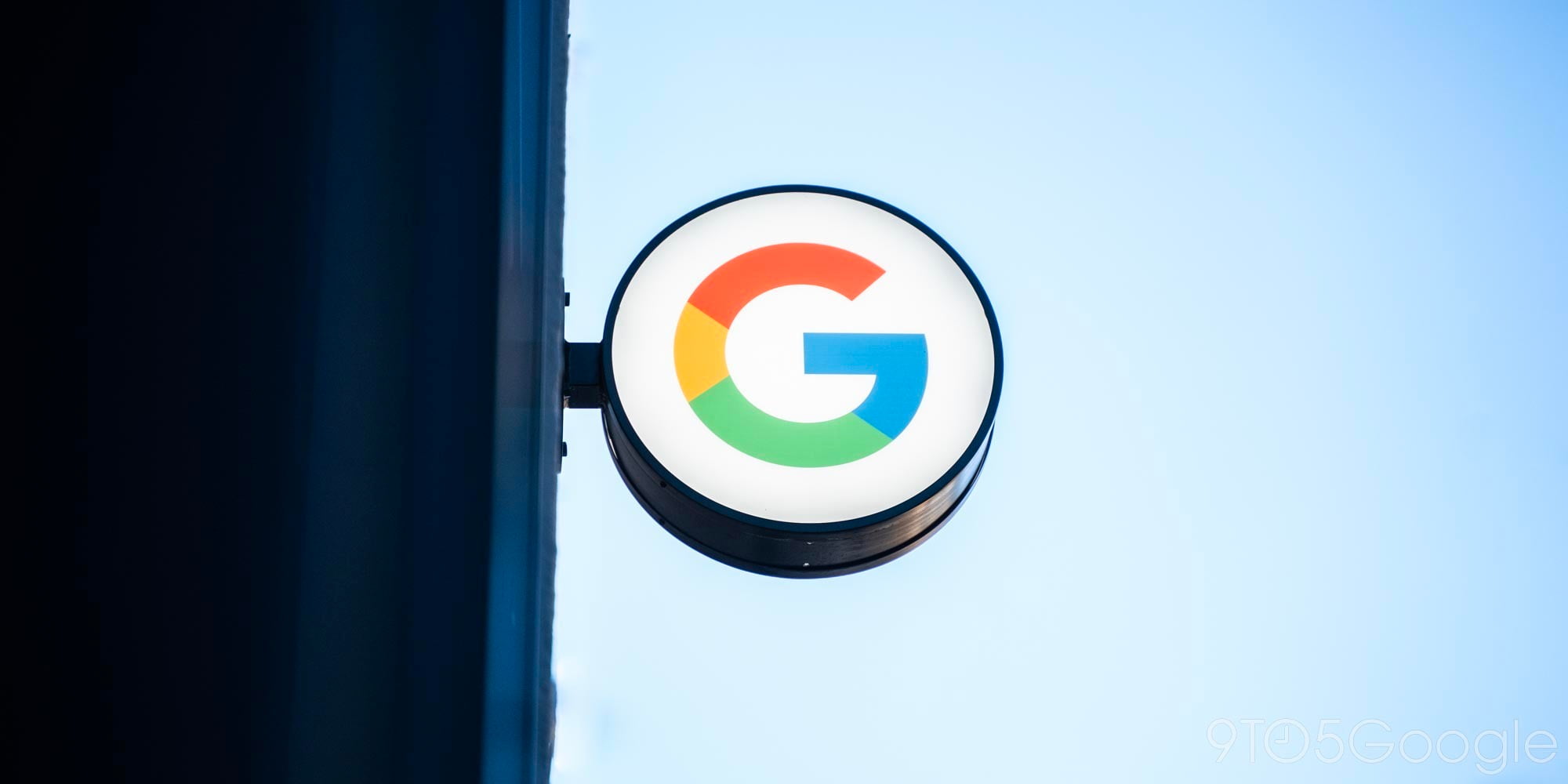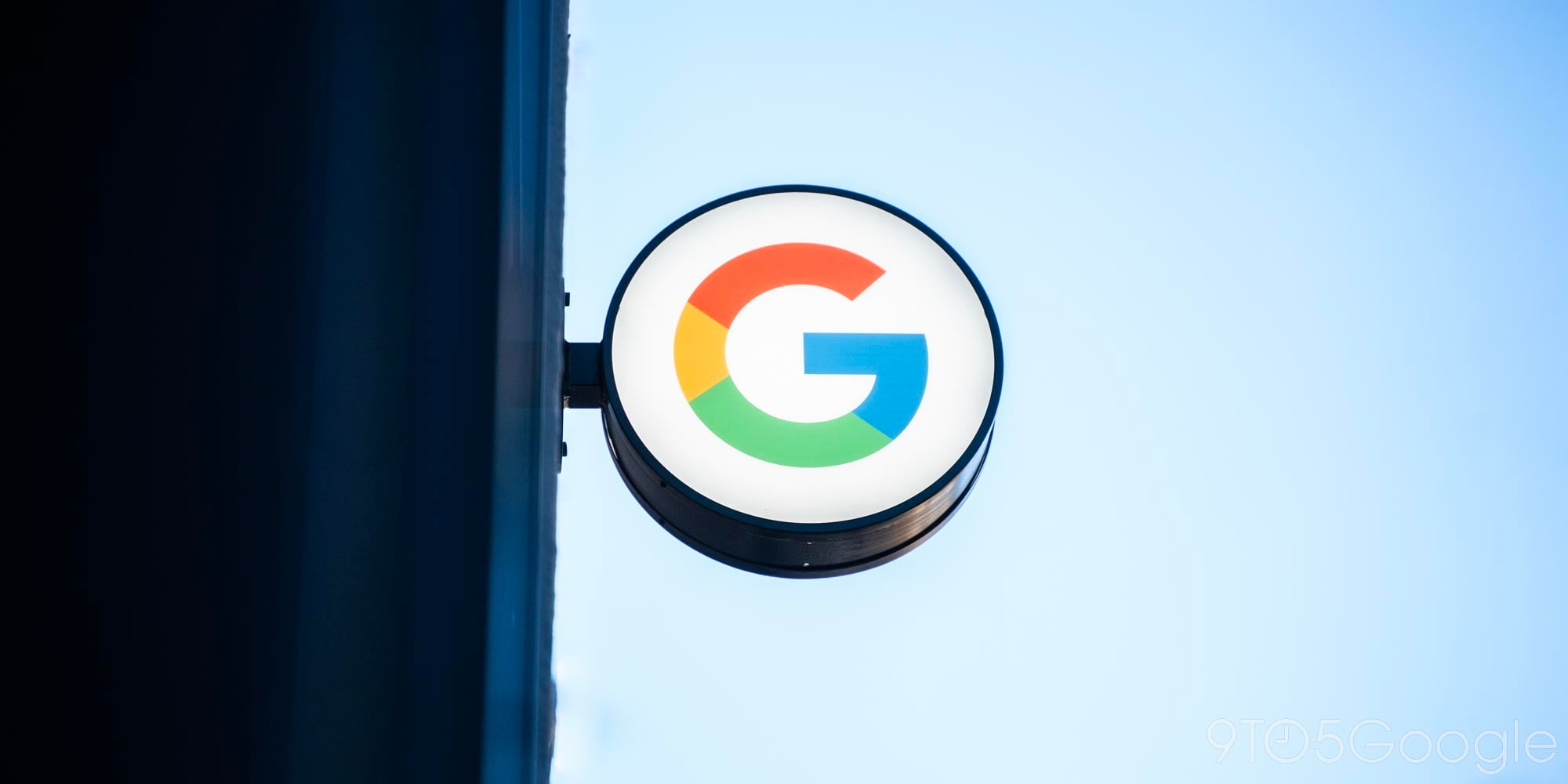
Google Glass has been picking up news a lot more lately, with Google’s Eric Schmidt saying recently that the Mountain View corporation is taking its time bringing the device to a consumer release, and suggesting that when that happens Glass will be some sort of reimagined 2.0 revision. But the fact that Google’s in no rush to release the device’s next version isn’t stopping other companies from continuing to experiment with the technology, namely Kentucky Space, which plans to bring the wearable computer to the International Space Station (via Glass Almanac) as part of a mission launching (literally) next week.
The mission, which is taking a team from the Tufts Center for Regenerative and Developmental Biology (in partnership with Kentucky Space) to the International Space Station, is planned to launch on December 16th from the Kennedy Space Station near Titusville, Florida.
What will they be doing there? According to KS, the team will “analyze the regeneration mechanisms of planarian flatworms in the microgravity environment of space.” The team is working with Interapt on this project, one of Google’s “Glass at Work” partners who officially joined in October.
In addition, as part of this mission Kentucky Space will be testing Google Glass as an augmented reality tool in the preflight integration and post-flight operations. This is part of a process leading to the of utilization Google Glass as a human interface with KS technology and experiments on the ISS in 2015. In addition to Google, KS is working with Interapt, a Google at Work Certified Partner headquartered in Louisville, KY, on this novel project.
Based on this description, it doesn’t look like Google Glass is going to be part of the actual experiment being conducted, but rather as an augmented reality assistant during pre-flight and post-flight. After this trip, however, Kentucky Space hopes that the device will be utilized more widely at some point in 2015. To read more about this mission, you can head over to the Kentucky Space website and read the press release. The mission is expected to be completed by mid-January.
FTC: We use income earning auto affiliate links. More.





Comments